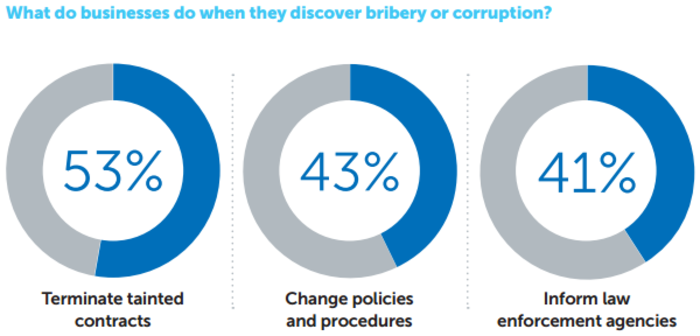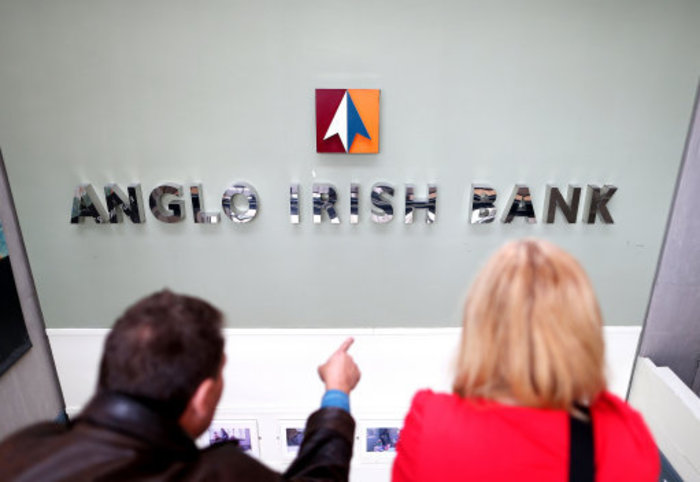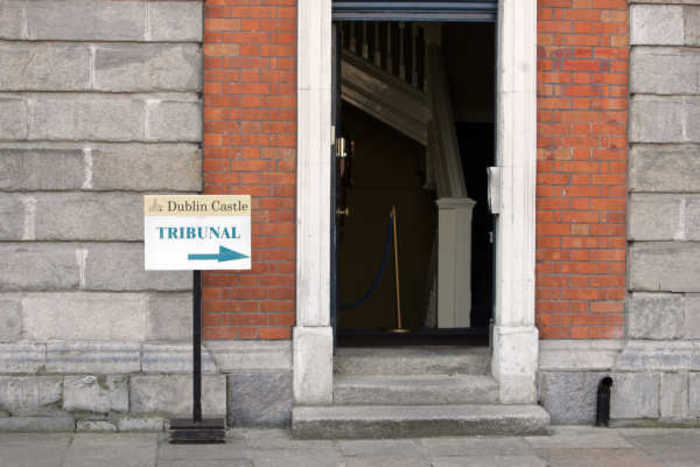Most senior Irish executives have seen corruption in their own companies
But a survey also found local board members were less likely to report issues than those overseas.
THE MAJORITY OF senior Irish business figures who took part in a recent global survey found either bribery or corruption in their own companies – but a much smaller share voluntarily revealed the wrongdoing to authorities.
An Eversheds survey of 20 board-level executives in Ireland, conducted as part of a global poll of 500 senior business figures, found three-quarters had identified the problems as arising in their organisations.
That was below the international figure of 80%, however the Irish contingent surveyed were also significantly less likely to self-report any issues they discovered.
Of those who identified corruption or bribery in their company, one-third reported it to law enforcement officials while one in five told regulators.
Internationally, 41% of those that had identified wrongdoing took the decision to self-report to law enforcement.

In its ‘beneath the surface’ report on the findings, Eversheds said corruption and bribery in the Irish context had “traditionally been associated with payments to politicians for favours” – particularly around areas like land rezoning.
However the banking crisis and collapse of Anglo Irish Bank had shown even major public companies were prone to the same issues, it added.
The report also noted that perceptions of bribery and corruption among business leaders and the public had “become more sophisticated”, but the legal system was yet to catch up. That was despite the OECD and other international bodies calling for reform of archaic anti-corruption laws.

Important issues, little understood
Eversheds said all of those surveyed in the Republic said bribery and corruption were important issues for their businesses, but only half claimed they fully understood their organisations’ own policies in the relevant areas.
Eversheds Ireland partner Neil O’Mahony said the survey clearly showed bribery remained a problem in Ireland and other countries.
“The fact that so few Irish businesses see potential prosecution as the most important risk of bribery and corruption has profound implications for government’s anti-bribery strategies,” he said.
“Governments have typically tried to fight bribery by deterring companies with stringent penalties, but they need to work with the private sector to articulate the business case for anti-bribery.”

O’Mahony said companies should rely less on policies to deal with the issues and more on having the right culture in which “sound business practices can flourish”.
Only one in 10 of the Irish executives surveyed identified legal ramifications as the reasons why dealing with bribery and corruption were important, with the potential fallout for their business instead identified as the key consideration.






